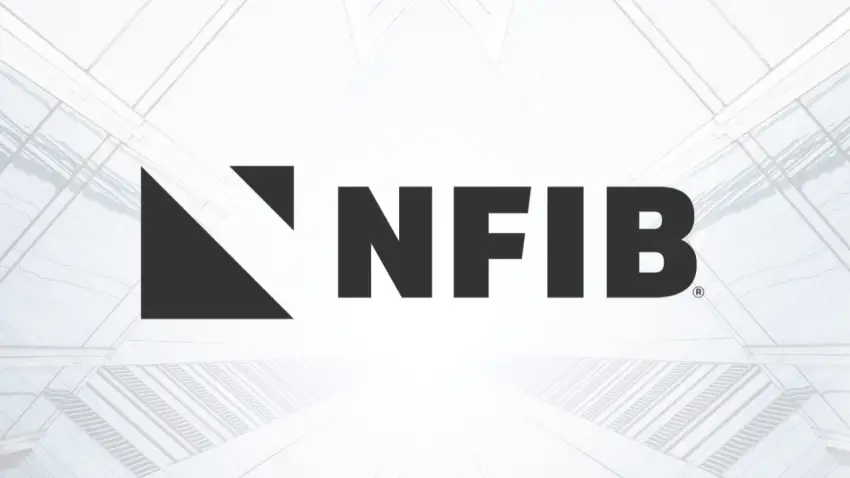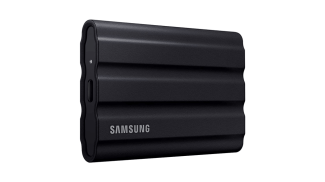Small business optimism increased in October as the NFIB Small Business Optimism Index rose by 2.2 points to 93.7, marking the 34th consecutive month the index has remained below the 50-year average of 98. However, the NFIB’s Uncertainty Index climbed by seven points to reach a record high of 110. Main Street business owners, while showing improved confidence, continue to face challenges, particularly with sales, hiring, and inflation.
“With the election over, small business owners will begin to feel less uncertain about future business conditions,” said NFIB Chief Economist Bill Dunkelberg. “Although optimism is on the rise on Main Street, small business owners are still facing unprecedented economic adversity. Low sales, unfilled job openings, and ongoing inflationary pressures continue to challenge our Main Streets, but owners remain hopeful as they head toward the holiday season.”
Key Findings
- Sales Trends: A net negative 20% of small business owners reported higher nominal sales over the past three months, the lowest level since July 2020.
- Compensation Adjustments: Seasonally adjusted, a net 31% of owners reported raising compensation, down one point from September. This is the lowest level since April 2021.
- Sales Volume Expectations: The net percentage of owners expecting higher real sales volumes rose five points to a net negative 4%, marking the highest reading of the year.
- Loan Rates: A net 5% of owners reported paying a higher rate on their most recent loan, down seven points from September and the lowest rate recorded since January 2022.
- Job Openings: Thirty-five percent of owners reported unfilled job openings in October, up one point from September.
- Inflation: Twenty-three percent of owners identified inflation as their most significant business problem, unchanged from September and remaining the top issue.
The NFIB’s monthly jobs report also highlighted hiring challenges, with a seasonally adjusted 35% of owners reporting job openings they could not fill. Among the 53% of owners who were hiring or trying to hire, 87% reported few or no qualified applicants for available positions.
Capital Expenditures and Inventory Management
- Capital Spending: Fifty-four percent of owners reported capital expenditures in the past six months, an increase of three points from September. Among those, 35% invested in new equipment, 23% acquired vehicles, and 14% improved or expanded facilities.
- Future Capital Plans: Twenty-two percent of owners plan capital outlays in the next six months, up three points from September.
- Inventory Levels: A net negative 9% of owners reported inventory gains, with 10% reporting increased stocks and 18% reporting reductions.
- Inventory Outlook: A net negative 2% of owners considered their inventory stocks “too low,” while a similar net negative 2% plan inventory investments in the coming months.
Pricing, Profits, and Credit Access
- Price Adjustments: The net percentage of owners raising average selling prices declined by one point to 21%. Price increases were most common in the finance (53%), retail (38%), construction (35%), and services (35%) sectors. Seasonally adjusted, 26% of owners plan to raise prices in the coming months.
- Profit Trends: A net negative 33% of owners reported positive profit trends, up one point from September. Among those reporting lower profits, 39% attributed it to weaker sales, while 16% cited higher material costs, 12% pointed to labor costs, and 7% mentioned lower selling prices.
- Credit Conditions: Two percent of owners reported unsatisfied borrowing needs, while 23% reported all credit needs were met, and 64% said they were not interested in a loan. A net 6% found their most recent loan harder to obtain than previous ones, with only 3% citing financing as their top business concern.
Survey Background
The NFIB Research Center has tracked small business economic trends since 1973 through quarterly surveys and monthly surveys since 1986. The survey, conducted in October 2024, draws on a random sample from NFIB’s membership and is released on the second Tuesday of each month.







